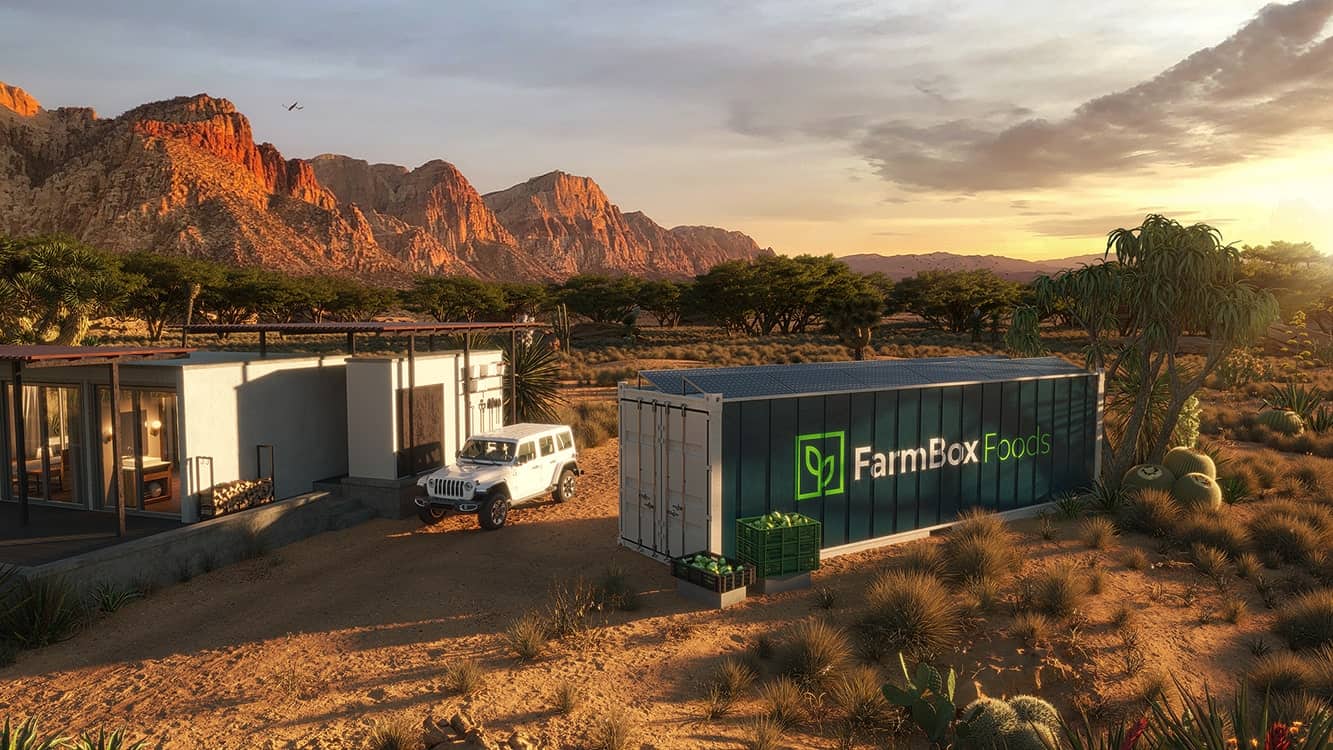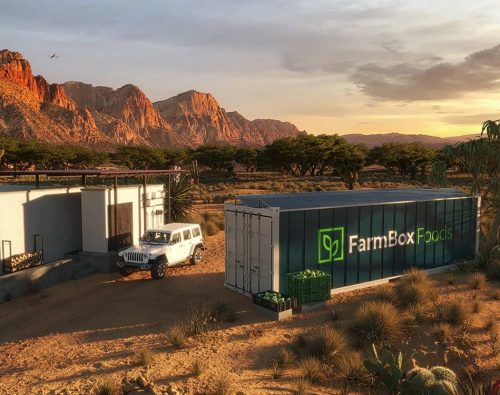The shifting climate is having a big impact on the agricultural sector, and farmers around the world are being forced to adapt to numerous challenges. Here are some of the challenges that farmers are facing due to climate change:
- Changing weather patterns: Climate change is causing shifts in weather patterns, leading to extreme weather events such as droughts, floods, heatwaves, and storms. These changes can damage crops, reduce yields, and affect the timing of planting and harvesting.
- Water scarcity: Changing rainfall patterns can result in water scarcity, making it harder for farmers to irrigate their crops. This can lead to reduced yields and even crop failure.
- Increased pests and diseases: Rising temperatures and changing weather patterns can lead to the proliferation of pests and diseases that can damage crops and reduce yields.
- Soil degradation: Climate change can cause soil degradation, making it less fertile and less able to support healthy crops. This can result in lower yields and reduced food quality.
- Reduced biodiversity: Climate change is causing shifts in ecosystems, which can reduce biodiversity and disrupt natural pollination cycles, leading to lower crop yields.
- Financial pressures: Climate change can lead to increased costs for farmers, such as higher irrigation costs, increased pest management expenses, and greater investments in technology and infrastructure to adapt to changing conditions.
What Can We Do?
- Promote sustainable farming practices: Encouraging sustainable farming practices such as conservation agriculture, crop rotation, and agroforestry can help to improve soil health and reduce the need for fertilizers and pesticides. This can also help to reduce greenhouse gas emissions from agriculture.
- Develop and promote drought-resistant crops: Developing crops that are more tolerant of drought conditions can help farmers adapt to changing rainfall patterns and reduce water usage.
- Improve water management: Improved water management techniques, such as drip irrigation and rainwater harvesting, can help farmers to conserve water and reduce the impact of droughts.
- Expand access to climate information: Providing farmers with access to reliable climate information can help them make better decisions about when to plant, what crops to grow, and how to manage their farms.
- Support research and development: Investing in research and development to improve agricultural productivity, develop new crop varieties, and enhance soil health can help farmers adapt to changing conditions and improve their resilience.
- Provide financial support: Providing financial support, such as subsidies or insurance, can help farmers to manage the financial risks associated with climate change and adopt new practices.
- Reduce greenhouse gas emissions: Reducing greenhouse gas emissions from agriculture through practices such as conservation tillage, improved nutrient management, and the use of renewable energy can help to mitigate the impact of climate change on agriculture.



